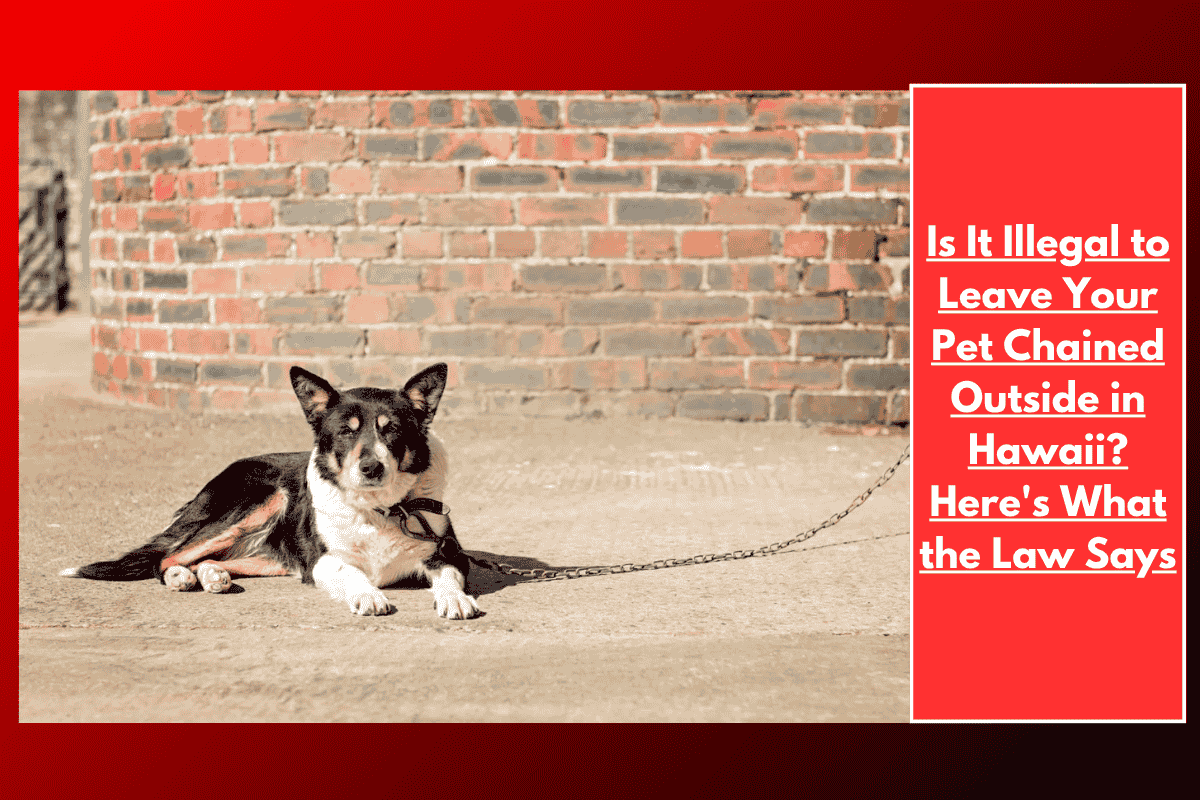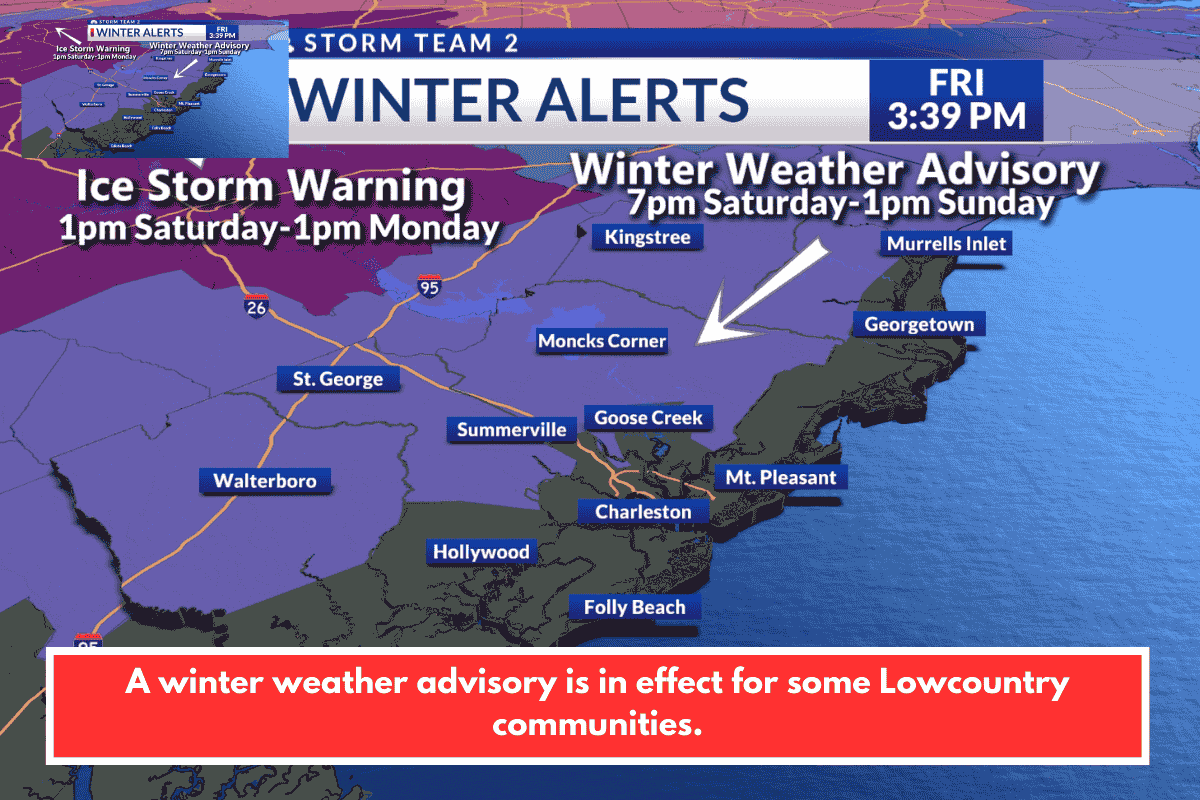In Hawaii, as in many states, the treatment and care of pets are taken seriously. While leaving a pet chained outside might seem harmless, it can raise concerns about animal welfare and may even be considered illegal under certain circumstances. If you’re a pet owner or a concerned individual in Hawaii, it’s important to understand the laws surrounding the chaining of pets and when it may cross the line into neglect or cruelty.
Hawaii’s Animal Cruelty Laws
Hawaii has strong animal cruelty laws aimed at protecting pets and other animals from harm. Under Hawaii Revised Statutes (HRS) Section 143-2, animal cruelty is defined as intentionally or recklessly causing unnecessary pain or suffering to an animal. This includes situations where animals are improperly confined, neglected, or subjected to inhumane living conditions.
Chaining a Pet in Hawaii: When Does It Become Illegal?
While there is no blanket ban on chaining a pet in Hawaii, the practice can become illegal under specific circumstances if it leads to neglect or harm to the animal. Here are key points to consider:
Basic Welfare Requirements:
Hawaii law requires that animals be provided with basic care, including shelter, food, water, and protection from the elements. This means that if a pet is left chained outside without access to proper shelter or protection from weather conditions, this could be considered neglect, which is prohibited under the state’s animal cruelty laws.
Tethering Regulations:
Some counties in Hawaii, such as Honolulu, have specific rules regarding tethering animals. For instance, animals should not be tethered for extended periods, especially in ways that cause physical harm or prevent the animal from moving freely. Chaining a dog for too long, especially without access to shelter or water, can be viewed as cruelty.
Humane Treatment of Animals:
If a pet is chained for long periods and cannot move freely, access food or water, or is exposed to extreme weather conditions (e.g., excessive heat, rain, or cold), this could be considered inhumane treatment. In these cases, animal control officers can intervene, and owners may be charged with animal cruelty.
Hawaii County Ordinances:
In addition to state laws, county ordinances may have more specific regulations regarding animal welfare. For example, the City and County of Honolulu has ordinances that prohibit unreasonable confinement of pets, which includes leaving them chained for long periods or in unsafe conditions.
Penalties for Violating Animal Cruelty Laws
If you are found guilty of leaving your pet chained in conditions that violate animal cruelty laws in Hawaii, you may face serious penalties. These can include:
Fines: Fines for violating animal cruelty laws can be substantial. In Hawaii, fines for animal cruelty can range from $100 to $2,000, depending on the severity of the case.
Imprisonment: In more serious cases, especially if the animal has been subjected to severe neglect or harm, jail time could be a possibility.
Confiscation of the Pet: If authorities believe the pet is being harmed or neglected, they may seize the animal and place it in a safe environment.
Prohibition from Owning Pets: In some cases, individuals convicted of animal cruelty may be prohibited from owning pets in the future.
What Should You Do if You See a Pet Left Chained Outside?
If you witness a pet that appears to be suffering due to being chained outside in unsafe conditions, you should report it to local animal control authorities or a humane society. They can investigate the situation and take appropriate action to protect the animal.
Call Local Animal Control: If the pet is in immediate distress (e.g., exposed to extreme weather or without food and water), contact local animal control or law enforcement immediately.
Provide Information: If you’re reporting the situation, provide specific details about the location, the pet’s condition, and how long it has been in that situation.
Best Practices for Pet Owners in Hawaii
To ensure that you’re following the law and treating your pet humanely, here are some best practices for responsible pet ownership in Hawaii:
Provide Adequate Shelter: If your pet must be outside, ensure they have access to a weatherproof shelter that provides protection from the elements, including shade and warmth.
Limit Tethering Time: If you do choose to chain your pet, make sure they’re not confined for long periods of time. Ensure they have access to water, food, and a safe space to move around.
Ensure Proper Supervision: It’s important to supervise your pet and ensure they are comfortable. Pets should not be chained for hours without human interaction or exercise.
Know Local Laws: Check with your local county or city ordinances for any specific rules related to tethering pets or animal cruelty laws in your area.
While Hawaii does not explicitly ban chaining pets, leaving a pet chained outside without proper care or shelter can lead to violations of animal cruelty laws. As a pet owner, it’s crucial to ensure your pet’s safety and comfort by providing adequate shelter, food, and water. If you’re unsure about your rights or responsibilities, it’s a good idea to familiarize yourself with local ordinances and animal welfare laws to avoid potential legal issues.
SOURCES
[1] https://legiscan.com/HI/text/HB1298/id/1706935/Hawaii-2018-HB1298-Introduced.html
[2] https://data.capitol.hawaii.gov/sessions/session2019/bills/HB633_.HTM
[3] https://www.peta.org/issues/animal-companion-issues/ordinances/hawaii/
[4] https://apnews.com/article/ce5d00e0a3ec98e03c1094741213db5c
[5] https://law.justia.com/codes/hawaii/title-37/chapter-711/section-711-1110/














